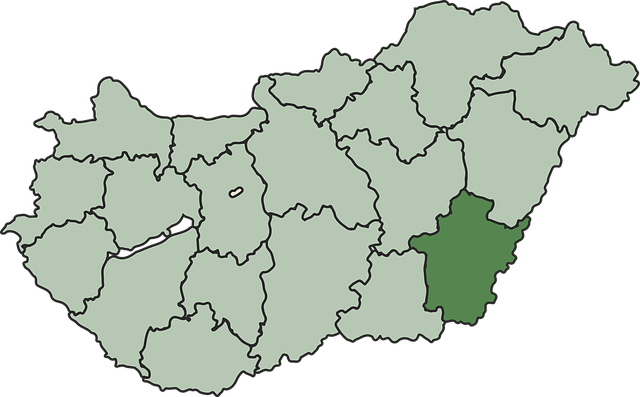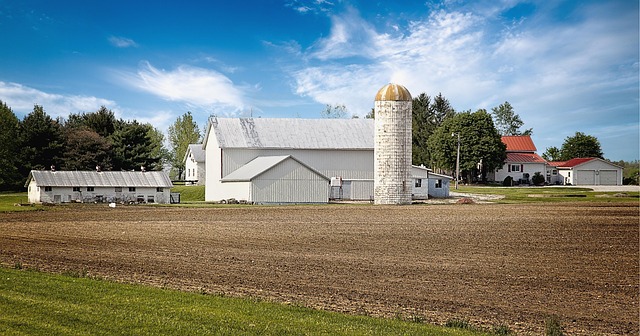The southeastern US boasts a rich agricultural history and diverse landscape that has shaped its cultural identity. Known for fertile soil and favorable climate, this region supports traditional crops like cotton and tobacco, as well as modern sustainable practices. Family farms passed down through generations influence the real estate market, where many properties are still owned by multi-generational agricultural families. The area's ecological diversity offers tailored opportunities for farming, from gentle slopes ideal for grazing to steeper areas suitable for orchards. Today, advanced technologies and a growing demand for locally sourced food drive investment in the southeastern farmland market, attracting both established farmers and new investors.
“Explore the heart of Southeastern farmland and ranching territory, a region steeped in historical agricultural prowess. This vibrant landscape, characterized by diverse terrain and rich ecosystems, offers a unique blend of natural beauty and economic opportunity. From historic farming practices to modern real estate trends, discover how this area is not just a part of our nation’s past but a thriving sector shaping the future of sustainable agriculture. Dive into this comprehensive guide on Southeastern farmland.”
Historical Perspective: A Rich Agricultural Heritage

The southeastern region boasts a rich agricultural history that dates back centuries, shaping its landscape and cultural identity. This area has long been recognized for its fertile soil and favorable climate, making it an ideal location for farming and ranching. Historically, the region’s diverse ecosystems, from rolling hills to expansive plains, supported a variety of crops, including cotton, tobacco, and various grains. The agricultural heritage is also marked by the strong presence of family farms passed down through generations, contributing to the area’s unique character.
This deep-rooted farming tradition has left an indelible mark on the local real estate market. Many properties in the region are still owned by families who have tended the land for multiple generations. The allure of this agricultural heritage draws both residents and investors seeking a connection to the past, ensuring that the southeastern farmland and ranching territory remains a vibrant part of the area’s identity.
The Landscape: Diverse Terrain and Ecosystems

The southeastern United States boasts a diverse landscape, offering a captivating mix of rolling hills, expansive plains, and dense forests—all of which contribute to its rich agricultural heritage. This region’s real estate is characterized by varying terrain, from lush green valleys to rugged mountains and vast wetlands. Such diversity creates a myriad of ecosystems, each supporting unique flora and fauna. The changing elevations and diverse soil types provide ideal conditions for a wide array of crops and livestock operations.
Farmers and ranchers can take advantage of these varied landscapes, practicing sustainable agriculture tailored to their specific areas. For instance, the gentle slopes may be perfect for grazing cattle or growing row crops like cotton and soybeans, while the steeper terrain could support orchards or specialized crops that thrive in more challenging conditions. This ecological variety is a significant asset, ensuring resilience and sustainability in the region’s agricultural sector.
Modern Real Estate: Opportunities and Trends in Farming and Ranching

The modern real estate landscape in southeastern farmland and ranching territories presents an exciting mix of opportunities and trends that are reshaping agricultural practices. Advanced technologies, such as precision farming tools and data analytics, are enabling farmers to optimize crop yields and livestock management. This shift towards tech-driven agriculture is not only increasing productivity but also attracting younger generations back into farming.
Real Estate agents specializing in farmland are witnessing a surge in interest from both traditional farmers seeking expansion and new investors looking to diversify their portfolios. The region’s fertile soils, abundant water resources, and favorable climate create ideal conditions for various agricultural ventures. Moreover, the growing demand for locally sourced food and sustainable practices is driving innovative farming techniques and unique real estate opportunities, including organic farms, hydroponic facilities, and niche livestock operations.






